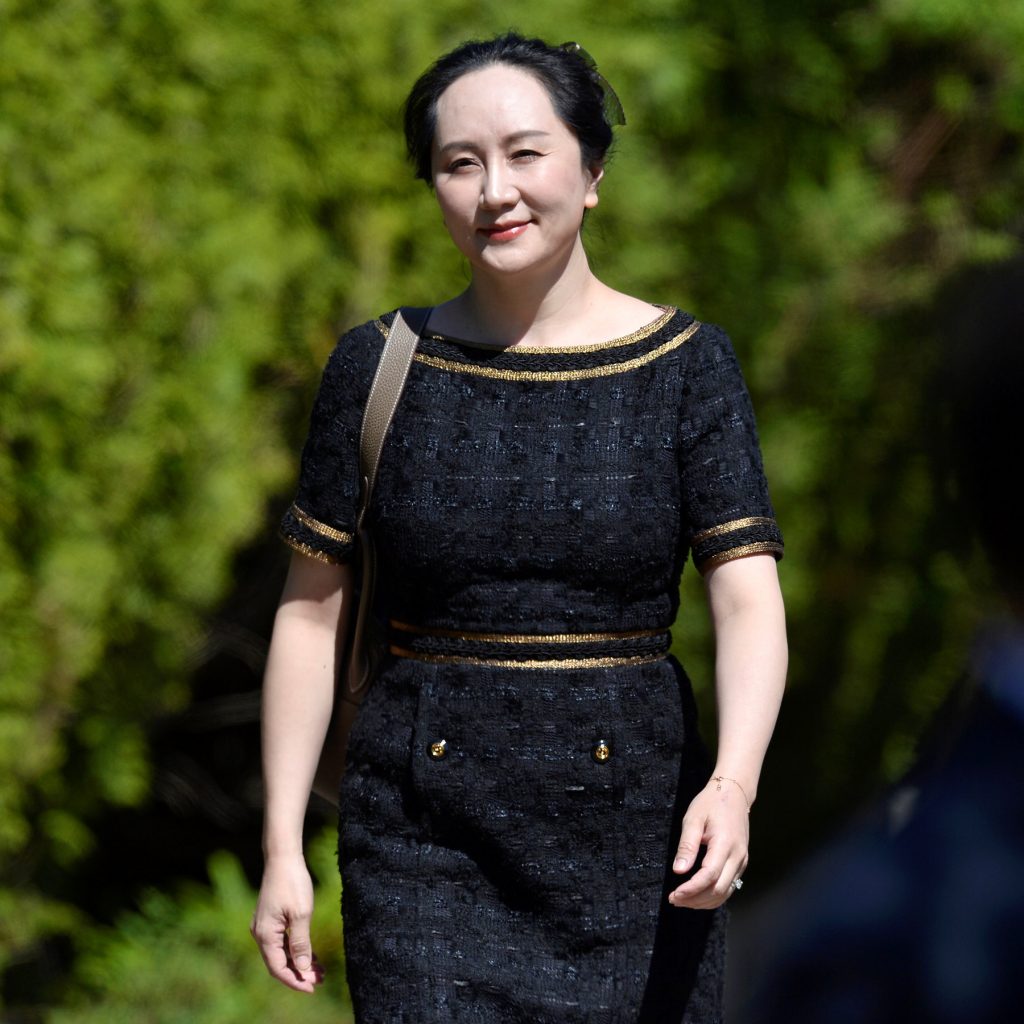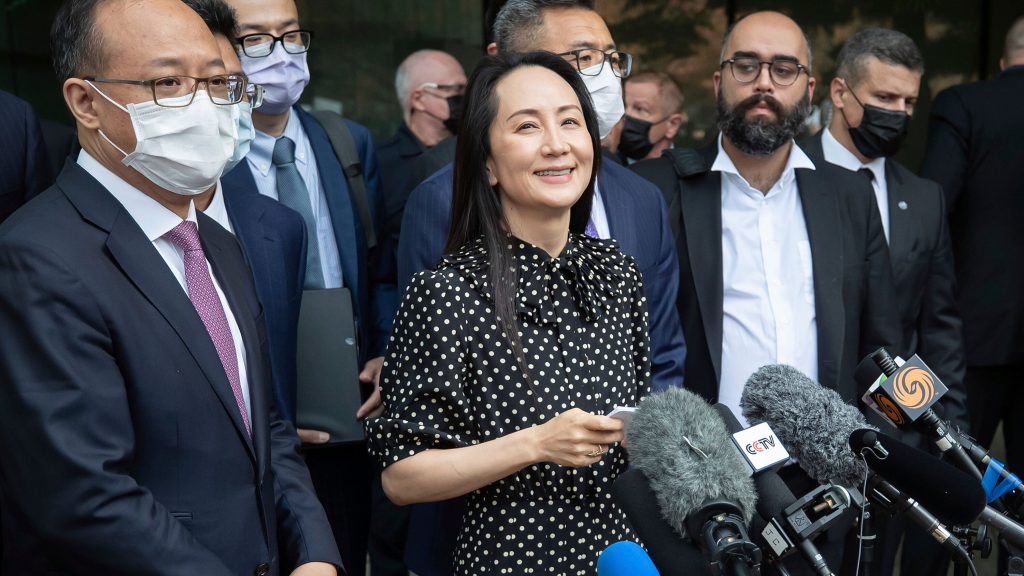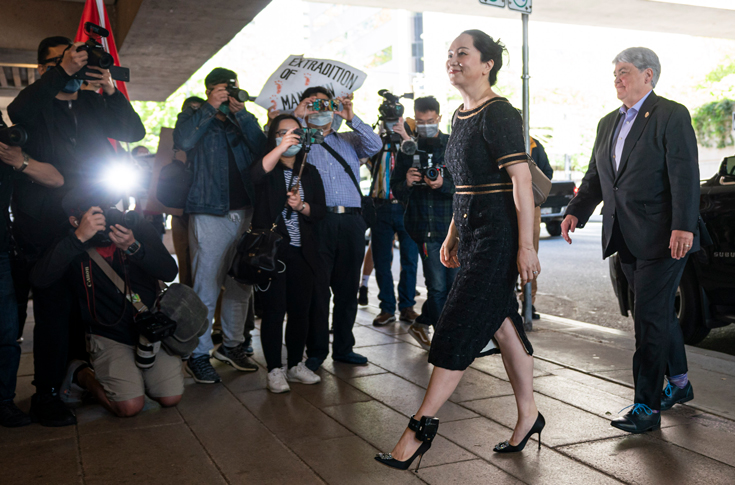
The arrest of Huawei CFO Meng Wanzhou lighted a firestorm of interest that saw media from around the world plunge on Vancouver. The case has everything: cash, power, and Political Background interest. Huawei Chief Financial Officer Meng Wanzhou showed up in China on September 25, 2021, Saturday, finishing her near to three-year U.S. extradition battle. And on that very day, two Canadians kept by Beijing for over 1,000 days got back, possibly preparing for further developed ties between China and the two western partners.
On December 1, 2018, Wanzhou was arrested by Canadian specialists at the Vancouver International Airport in line with the U.S. At the peak of the China-US trade combat, the U.S. was starting to assault Chinese high-tech organizations. The arrest and the resulting allegations were undisguised political celebrity abuse. It set an awful trend of arresting business people during significant power rivalry, compromising the wellbeing of worldwide business travel.
Personal Introduction of Meng Wanzhou
The 46-year-old is also called Cathy or Sabrina Meng. She lives in Shenzhen, China. She is the little girl of Ren Zhengfei, who established Huawei technologies in 1987.
As per U.S. investigators, Meng's dad is the world's 83rd wealthiest person. His total assets are $3.2 billion U.S.
Meng Wanzhou got this British Columbia ID card in 2001. She was once a long-lasting occupant and possessed two homes in Vancouver. Meng has a graduate degree and has worked for the organization since 1993, including head of global accounting, CFO of Huawei Hong Kong, and president of the accounting management department.
She is presently the CFO of Huawei and deputy chairwoman of the board.
Meng has four kids going from 10 to 20 years old. Her three children are from past relationships, and she has a little girl with her present spouse, Liu Xiaozong, also called Carlos.
In her B.C. High Court affirmations, Meng said she had experienced medical conditions for the duration of her life. She had a medical procedure for thyroid disease in 2011 and experiences issues eating solid foods.

The Reason of Detention
In December, Meng was arrested in Canada at the request of the U.S. She has been under house arrest since.
Huawei and Meng were accused of bank and wire fraud and conspiracy to submit bank and wire extortion comparable to evading American approvals on Iran.
The U.S. charges that Meng misled banks about Huawei's relationship with an informal subsidiary in Iran called Skycom to get banking services.
Why Was She Arrested in Vancouver?
As indicated by the U.S. authorities, she had been trying not to travel via the U.S. since April 2017 after she was aware of the criminal examination against her. In August 2018, a magistrate in the Eastern District of New York gave a warrant against her that prompted her arrest. Her family claims properties in Vancouver. She was denied bail on numerous occasions as the prosecution guaranteed she was a flight risk.
In response to her arrest, Huawei said, “The organization refuses to admit that it or its auxiliary or offshoot have submitted any of the affirmed infringement of U.S. law set out in every one of the prosecutions and doesn't know about any wrongdoing by Ms. Meng. Huawei accepts the U.S. courts will, at last, arrive at a similar resolution.”
A couple of days after her arrest, China kept two Canadians, Michael Spavor and Michael Kovrig, over the doubt of spuing. While the specialists blamed China for confining Canadian residents as a political negotiating concession under ‘prisoner tact,' China denied the allegations and continued to say that these two persons were kept for the supposed association in spying. Afterward, Spavor was accused of undercover work and condemned to 11 years in jail. Canada denounced the sentence and asserted the preliminary didn't fulfill the necessary guidelines set somewhere near-global law.
Her delivery mustn't end the blockhead between the U.S. and China quickly as Huawei is still a boycotted organization, among a few others.

The Impact of Her Return from Political Background
Meng's discharge didn't go down well with all of the segments in the U.S. senate. Some Republican congresspersons have censured her delivery and encouraged the White House to say something before the U.S. Congress over the issue. Marco Rubio was cited by Reuters, saying, “The arrival of Ms. Meng brings up difficult issues about President Biden's capability and readiness to defy the danger presented by Huawei and the Chinese Communist Party.”
Senator Jim Risch said in an assertion, “the arrangement was a triumph for one of the world's generally merciless and barbarous systems,” and would encourage the Communist Party “to utilize other unfamiliar residents as negotiating advantages since it presently knows prisoner taking is an effective method to get what it needs.”
Then again, Chinese analysts invited the choice. Wu Xinbo, the senior member of the Institute of International Studies at Fudan University, appreciated the selection and asserted it would help clear the wreck left behind previous President Trump. He said, “By consenting to allow Meng to get back to China, the Biden organization is flagging that it desires to clear the wreck abandoned by the former Trump organization.”
